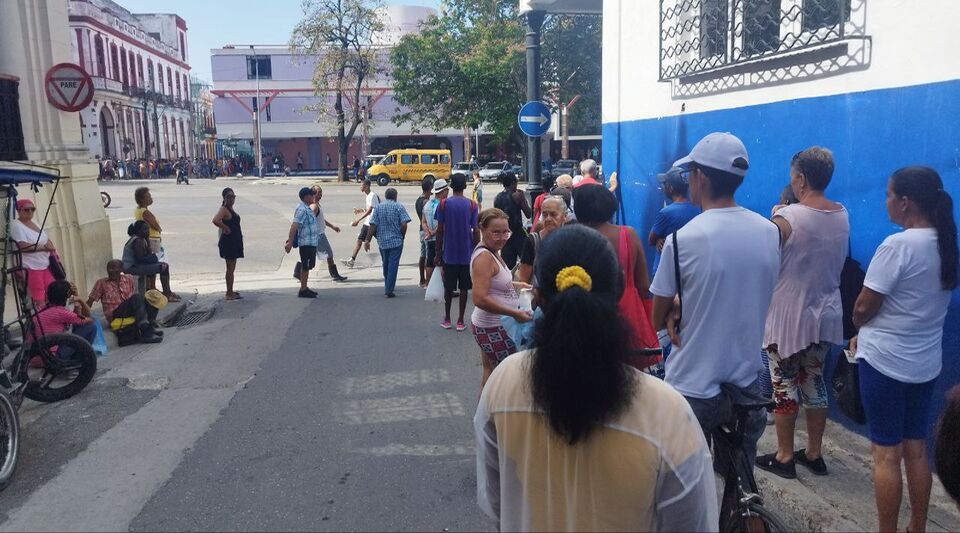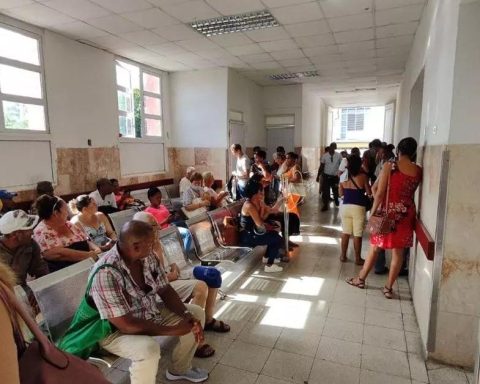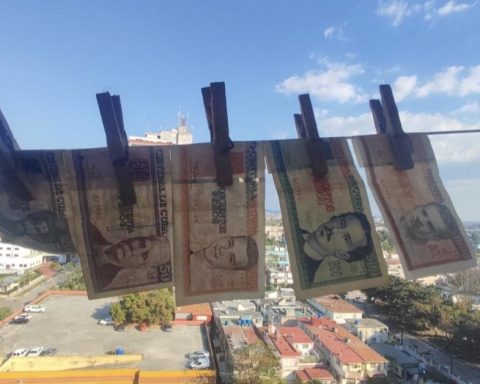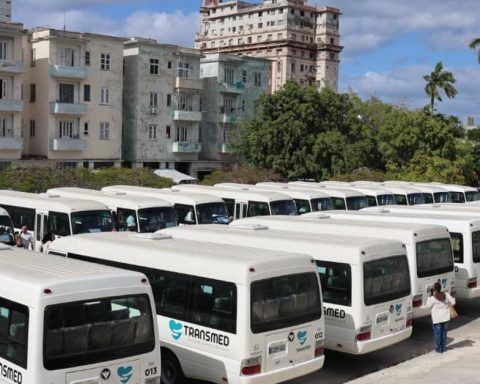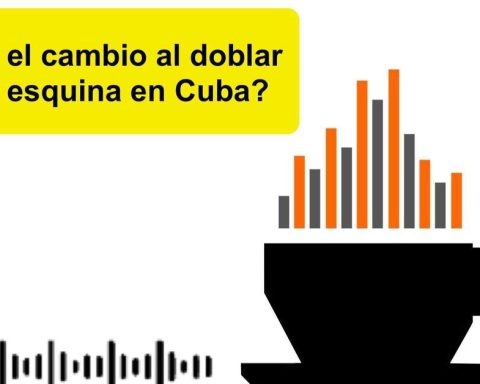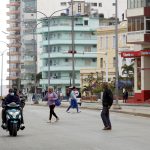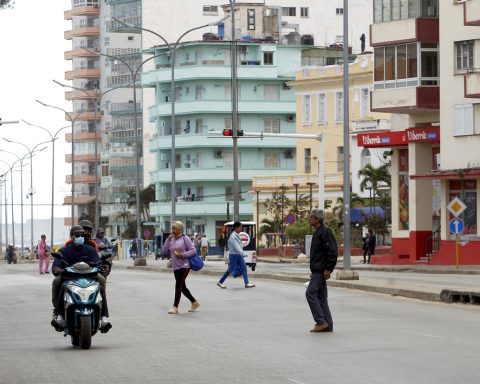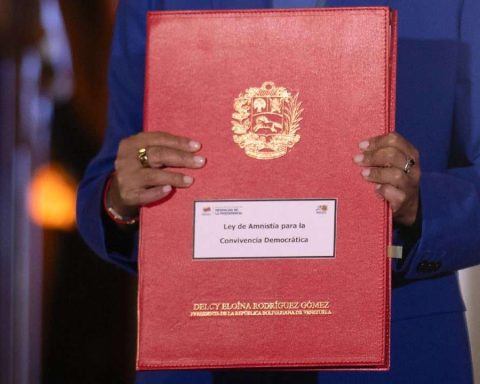With a temperature of 33 degrees, this Friday morning the residents of the Cayo Hueso neighborhood, in Havana, and some customers from other parts of the Cuban capital waited in line for the bakery on Carlos III and Castillejo streets to begin. to dispatch the customers who crowded in early.
“It’s just that since 4:30 a.m. we have no power,” the vendor justified the queue, which was already beginning to get uncomfortable with the midday sun. With umbrellas or taking refuge in the brief shadow cast by a nearby façade, shoppers wondered what had happened to that place.
The bakery, recently repaired, passed from the hands of the state Cuban Bread Chain to be managed by a MSME, as this newspaper could verify. “They removed all the state workers and brought in their own staff,” said a neighbor who said she had recently learned of the change in ownership.
The word that the local downtown, where customers come from various municipalities, had reopened in private hands raised expectations and started fantasies rolling. Some neighbors assured that the bread was going to be “like before” but without specifying what moment in the past they were referring to. By yes or no, between onlookers and buyers, the line outside the shop was extended in a short time.
The word that the local downtown, where customers come from various municipalities, had reopened in private hands raised expectations and started fantasies rolling
A plump man who was blocking the pass of the curious explained that for now only two products are offered, five small round loaves for a price of 20 pesos and a flute of “hard crust” bread for 70 pesos. “Soon there will be other varieties,” he says. Meanwhile, in the queue, another of the vendors began to collect the cards, the customers expressed their surprise to see that the “revolutionary sales” method in force in state stores was applied in that private place.
Rationing the amount that can be purchased, asking for identification to access the counter, and regulating how many times a customer can stand in line are widespread practices in state-owned commerce networks. If anything distinguishes private companies up to now, it is having eliminated these mechanisms in their businesses.
“These premises carry a bad vibe. Even if individuals come to work in them, they maintain state methods,” said a young man in line who seemed skeptical about the hope that private companies would work better than those of the Government. “In the end they are always the same ideas and the same schemes,” he opined.
But each rule has its trick and the Cuban client has been training for decades to circumvent the restrictions.
But each rule has its trick and the Cuban client has been training for decades to circumvent the restrictions
Despite the vendors’ warnings, one lady put the newly bought bread in her handbag and returned to the back of the line. “Surely now call a relative to come with their card to buy more,” said a young woman suspiciously. “I came here thinking that this was going to be different, but it’s the same queue, the same five loaves per person and the same socialism,” she added, disappointed.
As soon as the concept of “mipyme” is mentioned, most Cubans already imagine a better assortment of products, much higher prices than in official stores, better treatment of employees and the freedom to choose, combine and carry as much merchandise as they want and of the type to be determined. But that perception could be changing in the face of the reality that is prevailing.
Some passers-by approached this Friday to inquire about “the bakery that is now a MSME“, but few surpassed the difficulty of having to wait so long to take home a flute or the so-called bread good. “I don’t have the patience for this,” said one. Five minutes later, the man who controls the door announces: “The bread is over. We have to wait another half hour.”
________________________
Collaborate with our work:
The team of 14ymedio He is committed to doing serious journalism that reflects the reality of deep Cuba. Thank you for accompanying us on this long road. We invite you to continue supporting us, but this time becoming a member of our newspaper. Together we can continue transforming journalism in Cuba.
